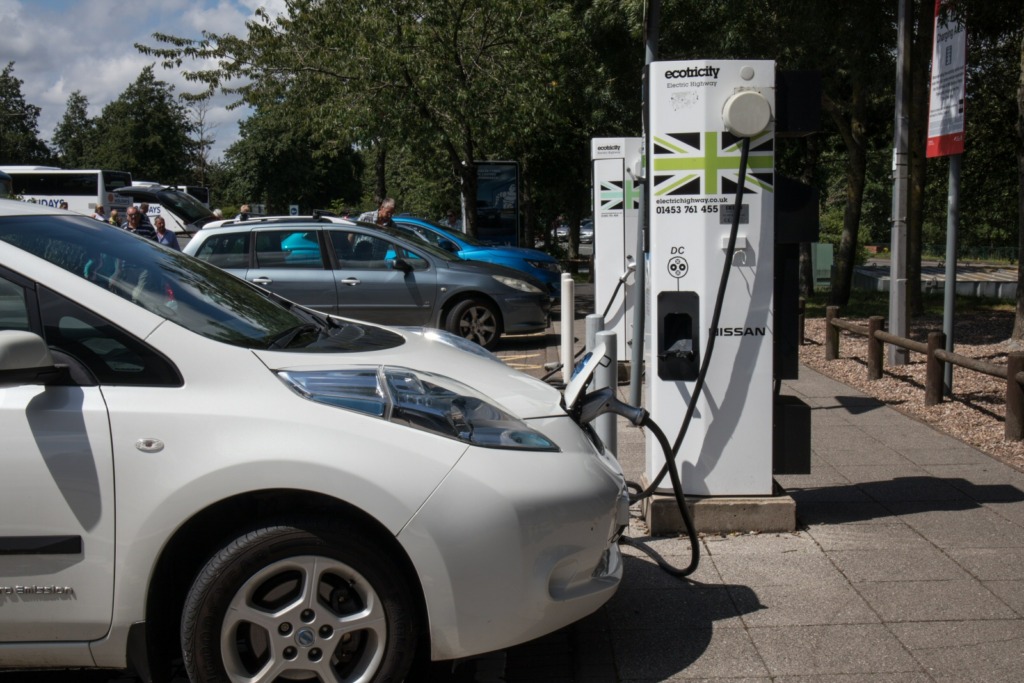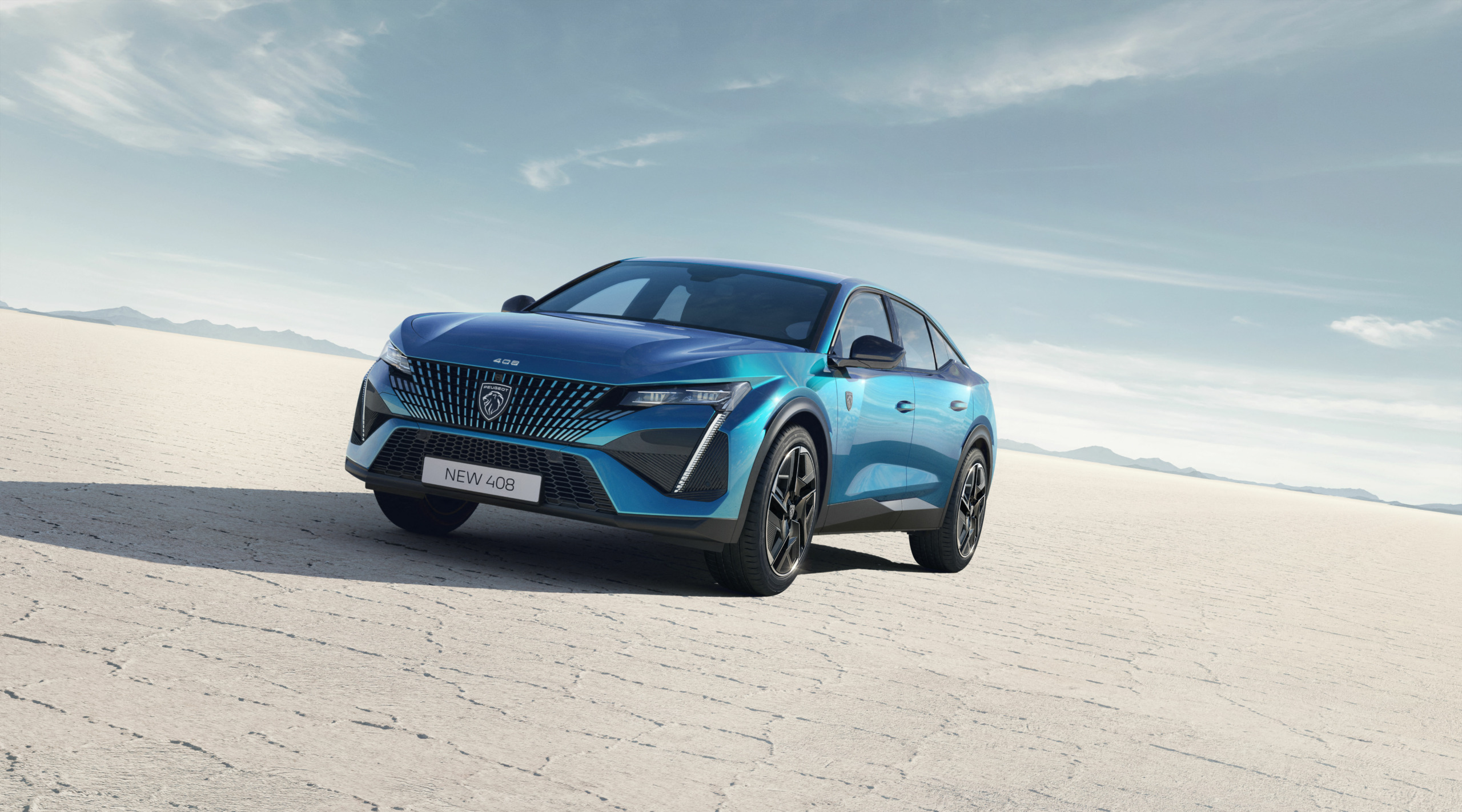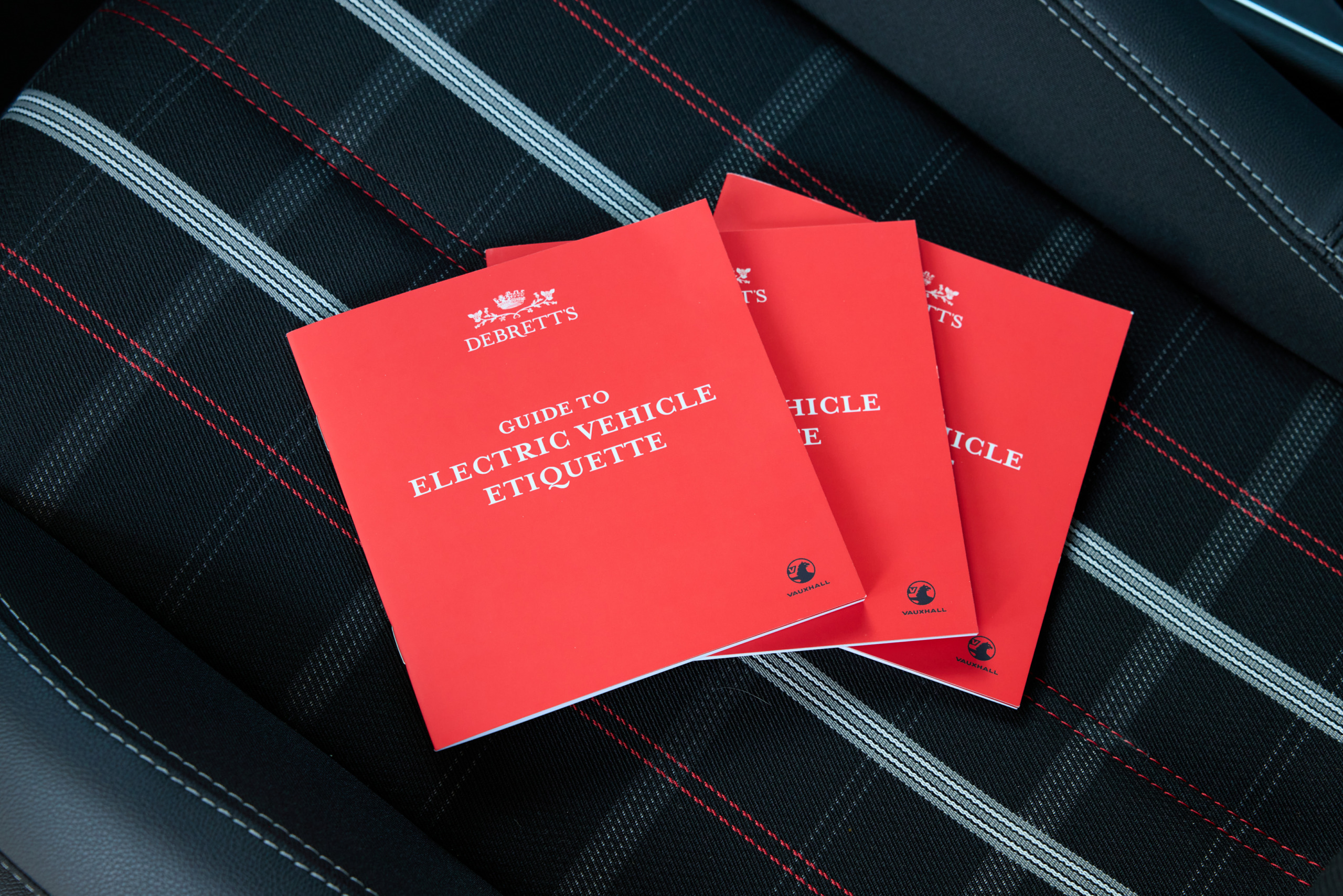We’re currently experiencing a boom period in electric vehicles. Right now, the RAC estimates there are at least 456,000 battery electric cars on the roads up and down the UK, with one in eight new cars being plug-ins.
The UK government’s strategy to combat climate change involves planning to stop the sale of new petrol and diesel vehicles by 2030, and for them to be 0 emission by 2035. While these goals may seem lofty if you’ve never considered even test-driving an EV, the sales and registration figures alone are encouraging enough that it’s possible.
In this article, we take a look at carmakers committing to the zero-emission push by going electric. Also, we’ll talk about what the government is offering in terms of schemes and the technological advancements we see in the electric vehicle market.
Your Favourite Cars but Electric
When you look at the list of car brands pledging to shift their focus to electric vehicles, you might be pleasantly surprised by who appears. Not only are reliable and affordable manufacturers such as MINI and Volvo promising to be all-electric by 2030, but a number of luxury brands are structuring their switch.
In February 2021, the CEO of Jaguar Land Rover, Thierry Bolloré, unveiled the ‘Reimagine’ plan. This is a roadmap for their business to be net zero carbon by 2039, with Jaguar to be “reimagined” as an entirely electric brand of luxury electric vehicles by 2025. Similarly, Land Rover has plans for a minimum of six high-end electric SUVs within the next half a decade. Mazda also confirmed that the next generation of the fan-favourite MX-5 will be going electric, meaning that used Mazda MX-5 cars will be completely green.
Bentley is another luxury car brand pledging to be end-to-end carbon neutral by 2030, as announced in late 2020. The company is also striving to reduce its factories’ impact on the environment by 75%. Joining this electrification process by close of the decade in 2030 is Rolls-Royce, which is under the same ownership as MINI by BMW.
Technological Advancement for Electric Vehicles
Another reason for the boost in electric vehicle sales is the number of technological projects currently in development for the industry’s future. Not only are the batteries now longer, and there are more stations to plug in to charge, but this is just the tip of the iceberg.
One exciting plan for electric vehicles is vehicle-to-grid (V2G) charging. This allows you to sell any excess energy from your battery back to the grid during peak hours. This is to invest in energy while prices are low during off-peak hours and sell back when those prices rise.
There are also plans to improve the quality of life for charging the electric vehicles, including the development of ultra-fast and wireless charging.
Government Outline
Though the government’s main outline for conversion EV may feel like a lofty goal to hit for 2035, thanks to the host of advancements we see in the industry of zero-emission vehicles, it could happen much faster than anticipated. All the movement needs is a catalyst to encourage the sale and registration of these electric vehicles, which is the boom we’re currently experiencing. Once they’re commonplace, we’ll see even more advancements in technology and adjustments from the government to meet the demands of newly electrified motorists.
To learn more about charging EV’s check out our blogs The Most Remote EV Charging Points in the UK and Three Common Questions about EV Charging. If you want to make the switch to an EV then be sure to check out our EV range.





